Social Work and Human RightsDr.T.K.Nair The United Nations (1994) stated that "social work has, from its conception, been a human rights profession". The Universal Declaration of Human Rights (UDHR ) was adopted by the UN General Assembly on 10th December, 1948 at the Palais de Chaillot, Paris. It was a watershed event in the long history of the struggle of humanity for dignity and social justice.The Preamble of UDHR states among others- recognition of the inherent dignity and of the equal and inalienable rights of all members of the human family is the foundation of freedom, justice and peace in the world. Healy (2008) observes that social work has been involved in all three generations of human rights.These include the 1966 International Convention on Civil and Political Rights (ICCPR), the 1966 International Convention on Economic, Social and Cultural Rights (ICESCR), the 1969 Convention on the Elimination of All Forms of Racial Discrimination (CERD), the 1979 Convention on the Elimination of All Forms of Discrimination Against Women (CEDAW), the 1984 Convention Against Torture (CAT), the 1989 Convention on the Rights of the Child (CRC), the 1990 Convention on the Protection of the Rights of All Migrant Workers and Members of Their Families (CMW), and the 2006 Convention on the Rights of Persons with Disabilities (CRPD). All these international conventions provide the basis for the human rights principles of accountability, transparency, non-discrimination, participation, self-determination, and freedom. All these human rights principles are also values of social work. The UDHR has 30 articles. Of these 14 are related to social justice, a key element of social work, and 10 articles relate to the social work value of dignity and worth of the person. In sum, social work and human rights are inseparable disciplines. References Healy, L. (2008). Exploring the History of Social Work as a Human Rights Profession. International Social Work, 51 (6),735-748. United Nations. (1994 ). Human Rights and Social Work : A Manual for Schools of Social Work and the Social Work Profession. New York: UN. Dr.T.K.Nair Trustee, Human Rights Advocacy and Research Foundation (HRF), Chennai. Social Work Day: Global Agenda for Social WorkersDr. Henry J. D’Souza The International Federation of Social Workers poster for 2016 theme for the world social work day, celebrated on March 15, endorses the theme “Promoting the dignity and worth of peoples,”stipulating that societies thrive when we aspire towards this goal. The previous theme was “Promoting Social and Economic Equalities.” The post-2016 themes are, “Working towards environmental sustainability” and “Strengthening recognition of the importance of human relationships.” How do social workers formulate these aspirations to celebrate their profession worldwide? Three global associations: representing practicing social workers—International Federation of Social Workers (IFSW), social work educators—International Association of Schools of Social Work (IASSW), and social development practitioners—International Council on Social Welfare (ICSW), at their regional and global conferences advance the Global Agenda for Social Workers. Although the process began in 2004, it was adopted in 2010 at the Hong Kong joint conference of these associations. Presently, this Agenda is in the second phase,seeking bids to set up what is called Global Observatories in five regions. The first phase (2012-14) involved proposing the idea of Global Agenda Observatories to monitor and report the activities to enhance credibility and visibility. The United Nations Development Programme (UNDP), World Health Organization (WHO), the International Labour Organization (ILO), and UN offices in New York, Geneva, and Vienna facilitate these activities and provide global recognition and support by having representatives from these international social work associations.The agenda complements the United Nations Millennium Development Goals that concluded in 2015 (IASSW, ICSW, IFSW, 2014). While humanitarian wing of United Nations carries out social development and social justice work through its numerous agencies(UNICEF, UNDP, UNHCR, WHO, and others) with inadequate funds, the real power is held by the Security Council where some nations are more equal than others. Many of the services provided by UN Agencies, such as the programmes to displaced people because of unending wars in the Middle East and various regions of Africa, could have been prevented and even be stopped by the Security Council. In a candid and brief historical analysis of the conflict in the Middle East, Robert Kennedy Jr., describes how organizing and financing the anti-Soviet “jihadi freedom fighters” in the 1980s in Afghanistan, has morphed into numerous extremists Islamic “terrorist” groups such as the al-Qaeda, al-Nusra, ISIS/ISIL, Boko-Haram, and others. When you follow the money, besides the usual vested interests in war profiteering, namely, the military industrial complex and the arms dealers, it all comes down to the construction of rival, Shia or Sunni, natural gas pipelines and their corresponding cold-war alignments (Kennedy, 2016). The destruction of former Yugoslavia, Afghanistan, Iraq, Libya, and Syria in the last two decades was carried out by the some of the veto-wielding, powerful nations and NATO, with the approval of the Security Council. The result has been massive human misery and displacement, and the spawning of violent extremists’ and reactionary movements. Ameliorating the aftershocks of such wars will undoubtedly help a few victims, but certainly not end miseries that wars perpetuate. Ending the existing wars and preventing the future ones, and transferring the massive resources allotted to wars as well as to arms trade, to alleviating the suffering of the victims is the most important way to guarantee the dignity and worth of persons. This will not happen unless we democratize the Security Council. Global Agenda for Social Work will need to incorporate democratization of the United Nations and condemning the actions of the Security Council that have caused such cataclysms.This will entail taking political risks, by these global social work agencies, and indeed of losing recognition with the humanitarian agencies of the U.N. Present world, organized under the nation states, is failing not only to stop wars, end nuclear proliferation, and all the human indignities and miseries that accompany them, but also in slowing climate change. Millions of people fall ill and die because of it,mainly in poor countries that did not cause it. The COP21 agreements of 2015, hold some promise. The developed nations that are responsible for putting most of the global warming gases in the environment, haven’t taken full responsibility to clean it up. Social work organizations must demand it and support global movements that do so. Mass consumption societies under capitalism that grossly ill distribute wealth to the top 0.1%, are unsustainable and are well on an apocalyptic path to ecocide. To stop it, would require social workers to be part of a global environmental movements that address these fundamental issues. References IASSW, ICSW, IFSW. (2014). Global Agenda for Social Work and Social Development First Report 2014: Promoting Social and Economic Equalities. International Social Work, 57 (S4)(61). Retrieved from http://isw.sagepub.com/ Kennedy, R. F. (2016, March 1). Why the Arabs don't want us in Syria. Retrieved from Politico: http://www.politico.eu/article/why-the-arabs-dont-want-us-in-syria-mideast-conflict-oil-intervention/ Henry J. D’Souza, PhD Professor, Grace Abbott School of Social Work University of Nebraska at Omaha 6001 Dodge St. CB 206D Omaha, NE 68182 USA WORLD SOCIAL WORK DAYDr. Venkat Pulla World Social Work day celebrates the roles that social workers have in the lives of people throughout the world. In a world where millions of people are being displaced from their traditional homes by conflict and global warming, where there is an increasing divide between those who have the resources to provide the basic human needs for themselves and those who don’t, and where policy is determined by an economic rationale rather than human rights there has never been a more important time for the social work profession to be unified and active.It is important to recognise that positive and negative political, economic, cultural and social orders shape the context in which an individual lives their life and this can lead to unequal consequences and negative impacts for communities and individuals. Social workers witness the daily realities of personal, social and community challenges, which puts them in the ideal position to work together at all levels for change, social justice and the universal implementation of human rights building on the wealth of social initiative and social movements. The International Federation of social workers has asked their practitioners to commit to supporting, influencing and enabling structures and systems that positively address the root causes of oppression and inequality. So, on this International Social work day, not only can we celebrate our roles as social workers but also reaffirm our desire to work towards a more socially just and fair world that we will be proud to leave to future generations. ELizabeth Carter & Dr Venkat Pulla Social Work Discipline Australian Catholic University Promoting the Dignity and Worth of PeoplesDr. Esther Miranda World Social Work Day provides us an opportunity to focus on many different groups, including men, women, and the LGBTQ community, all who suffer the indignities of abuse, discrimination, neglect, torture, inhumane working conditions, wars, starvation, and the lack of basic amenities for health, hygiene, and education. Today I choose to focus on the ‘Invisible’ Woman. Having recently returned from a trip to India, my birthplace, I was reminded of the power, heart, and silent presence of the ‘invisible’ women in homes, fields, and workplaces; the wives and mothers, the daughters, daughters-in-law, and maidservants who suffer subjugation, insults, abuse, and personal neglect as they go about the important and dignified work of nurturing children, caring for elder family members, and holding together homes, businesses, and families falling apart. While serving, cleaning, cooking, providing, and raising the next generation of leaders, they are also artists and scientists, athletes and problem-solvers who may never get the opportunity to explore their talents or pursue dreams. Amongst them are the Einsteins, Kalams, Gandhi’s , Ramanujams and Mother Teresa’s of our world. As we continue to take their roles and service for granted let us use this day to remind ourselves of their dignity and worth as human ‘beings’ and not just human ‘doings’. Esther Miranda is an educator who passionately cares about nurturing the next generation of leaders and responding to the needs of the most vulnerable in our world. She is an Independent Consultant and Founder of Miranda Consulting, pursuing Education & Leadership Solutions. Visit www.mirandaconsulting.net Esther Miranda Ph.D. Independent Consultant & Trainer Miranda Consulting Services Education & Leadership Solutions Ramesha M.H.
Editor |
Categories
All
Social Work Learning Academy50,000 HR PROFESSIONALS ARE CONNECTED THROUGH OUR NIRATHANKA HR GROUPS.
YOU CAN ALSO JOIN AND PARTICIPATE IN OUR GROUP DISCUSSIONS. MHR LEARNING ACADEMYGet it on Google Play store
|
SITE MAP
SiteTRAININGJOB |
HR SERVICESOTHER SERVICESnIRATHANKA CITIZENS CONNECT |
NIRATHANKAPOSHOUR OTHER WEBSITESSubscribe |
MHR LEARNING ACADEMY
50,000 HR AND SOCIAL WORK PROFESSIONALS ARE CONNECTED THROUGH OUR NIRATHANKA HR GROUPS.
YOU CAN ALSO JOIN AND PARTICIPATE IN OUR GROUP DISCUSSIONS.
YOU CAN ALSO JOIN AND PARTICIPATE IN OUR GROUP DISCUSSIONS.
|
|

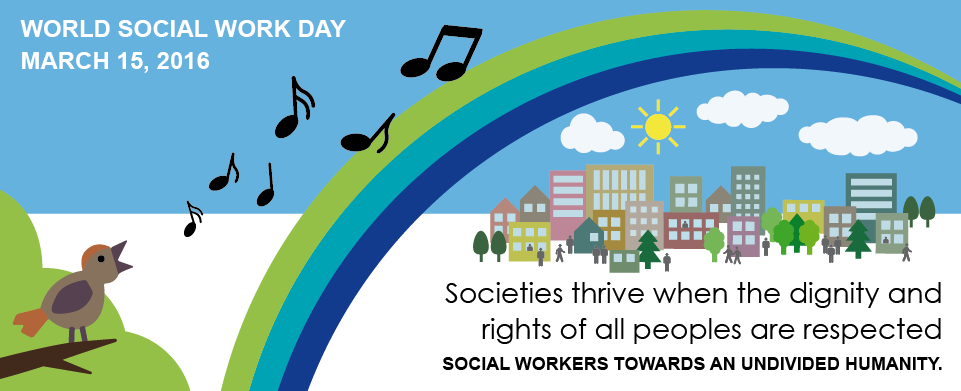
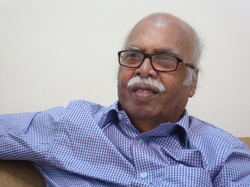
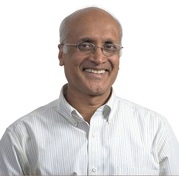

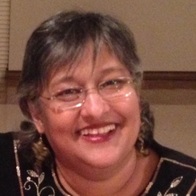
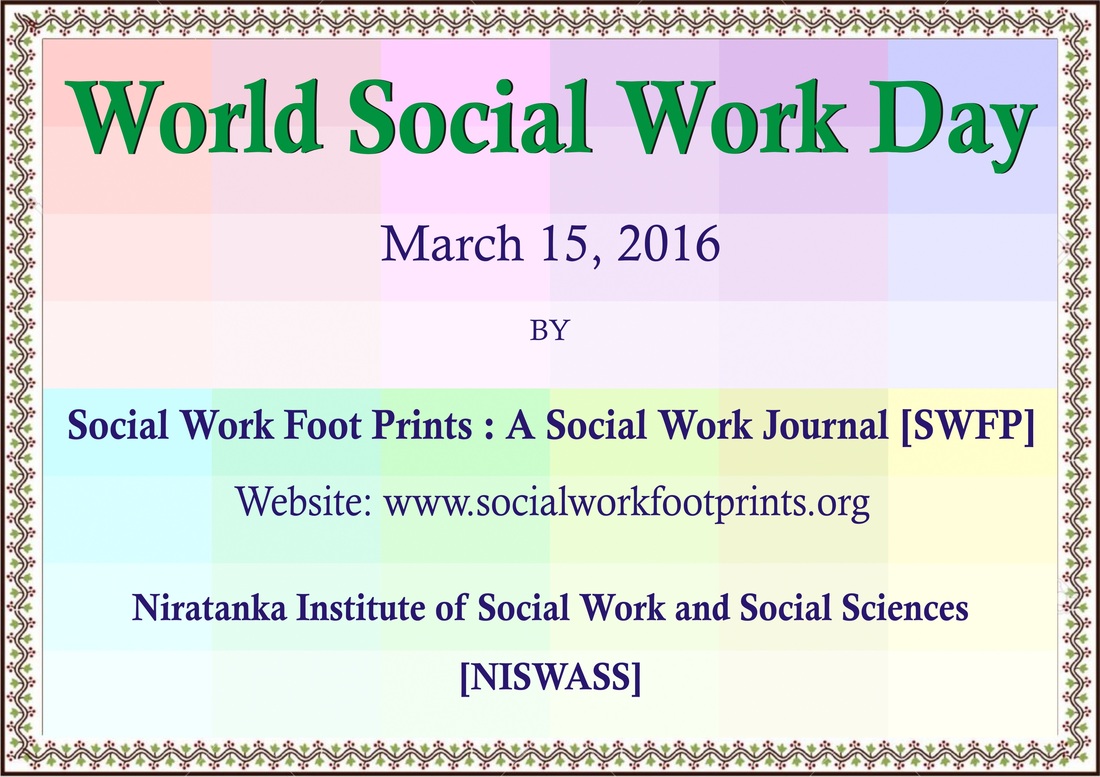
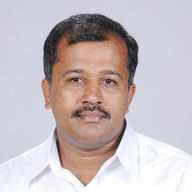





 RSS Feed
RSS Feed





